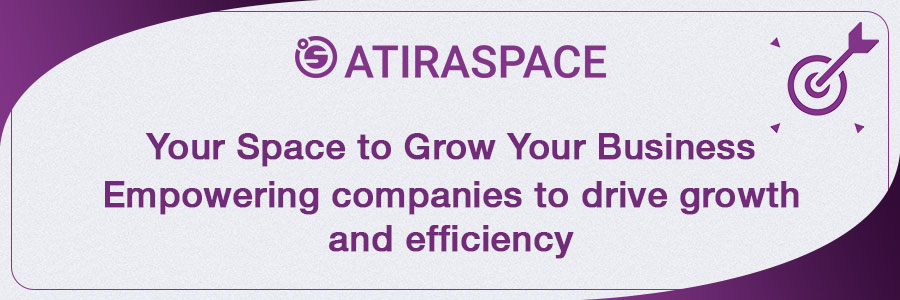Do I need to use CRM as a small business owner? Here are twenty compelling reasons why you, as a small business owner, need to use a CRM (Customer Relationship Management) system:
Table of Contents
1. Centralized Customer Data
A CRM system consolidates all your customer data in one place, making it easy to access contact information, past interactions, purchase history, and preferences. This ensures you never lose track of important customer details, even as your business grows.
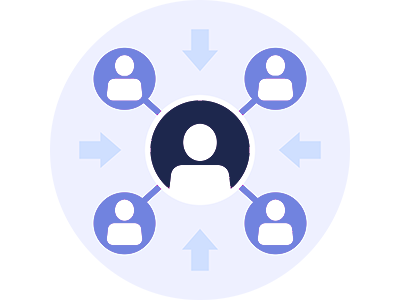
Do I need to use CRM as a small business owner?

Do I need to use CRM as a small business owner?
2. Improved Customer Relationships
A CRM allows you to better understand your customers’ needs and preferences, enabling you to personalize your communication and interactions. This leads to stronger relationships, increased customer satisfaction, and improved loyalty.
3. Streamlined Sales Process
With a CRM, you can manage leads, track deals, and monitor every stage of your sales pipeline. This makes it easier to follow up with potential customers, close deals faster, and increase overall sales efficiency.
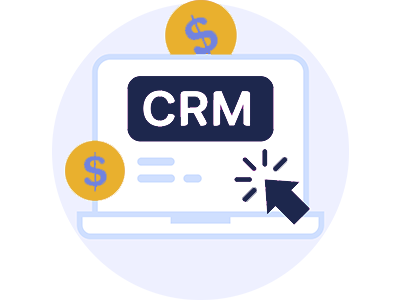
Do I need to use CRM as a small business owner?
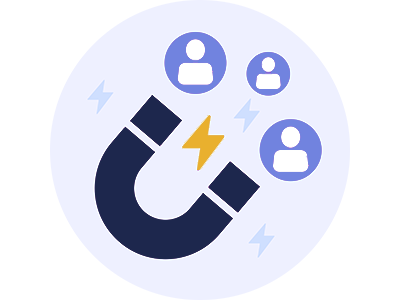
Do I need to use CRM as a small business owner?
4. Enhanced Team Collaboration
CRM systems provide a platform for your team to collaborate by sharing customer information, sales updates, and tasks. Whether you have a small or growing team, everyone can stay on the same page, improving communication and productivity.
5. Automation of Repetitive Tasks
CRMs can automate tasks such as sending follow-up emails, scheduling meetings, or assigning leads to sales reps. Automation saves time, reduces human error, and ensures no important task is missed, allowing you to focus on more strategic activities.

Do I need to use CRM as a small business owner?

Do I need to use CRM as a small business owner?
6. Better Data Analysis and Reporting
A CRM generates detailed reports on customer behavior, sales trends, and team performance. This data helps you make informed business decisions, identify areas for improvement, and develop strategies to boost sales and customer retention.
7. Increased Sales and Revenue
By optimizing your sales process, improving lead tracking, and enhancing customer communication, a CRM can directly lead to increased conversions and sales. You’ll be able to close more deals efficiently, leading to higher revenue for your business.
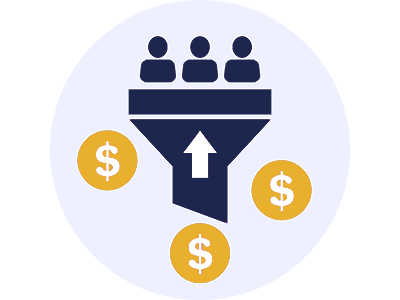
Do I need to use CRM as a small business owner?

Do I need to use CRM as a small business owner?
8. Improved Customer Service
With a CRM, your customer service team can quickly access customer information and interaction history. This allows them to respond to inquiries and resolve issues faster, leading to a better overall customer experience.
9. Scalability for Growth
As your business grows, so does your customer base. A CRM system can easily scale with your business, helping you manage an increasing number of customers, leads, and sales opportunities without overwhelming your team or processes.

Do I need to use CRM as a small business owner?

Do I need to use CRM as a small business owner?
10. Better Time Management
By organizing customer data, automating tasks, and streamlining workflows, a CRM helps you and your team manage time more effectively. This ensures that you focus on high-priority tasks and maintain a steady workflow, even as your business demands increase.
Incorporating a CRM into your business operations can help you achieve better organization, improved customer relationships, and more efficient sales and marketing efforts, ultimately leading to business growth and success.
11. Lead Management and Nurturing
A CRM helps you track leads from the moment they show interest until they become paying customers. It allows you to categorize and prioritize leads based on their likelihood to convert, helping you nurture them effectively with personalized communications and timely follow-ups.
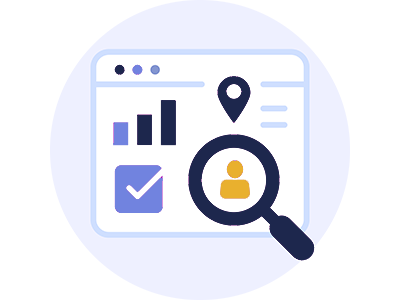

12. Customer Segmentation
With a CRM, you can segment your customers based on various factors such as demographics, behavior, or purchase history. This enables you to create targeted marketing campaigns, ensuring that you send relevant messages to the right customers, increasing engagement and conversion rates.
13. Mobile Access
Many CRMs offer mobile access, allowing you and your team to manage customer interactions, track sales, and update records on the go. This is especially valuable for small business owners who are frequently on the move or working remotely.


14. Retention and Loyalty Programs
A CRM helps you identify your most loyal and profitable customers, allowing you to create retention and loyalty programs. By rewarding repeat customers, you encourage long-term loyalty and increase their lifetime value to your business.
15. Improved Marketing Campaigns
CRM systems offer integration with email marketing tools, allowing you to track the performance of your campaigns. With data-driven insights, you can refine your marketing efforts, understand what resonates with customers, and achieve better ROI on your campaigns.


16. Enhanced Forecasting and Planning
CRMs provide predictive analytics and forecasting tools that give you insights into future sales trends and revenue. This allows you to make data-driven decisions when setting business goals, planning for inventory, or forecasting cash flow.
17. Better Task Management
CRM systems allow you to assign and track tasks for yourself or your team. You can set reminders, track deadlines, and ensure that key tasks—such as following up with leads or customers—are completed on time, increasing productivity and accountability.
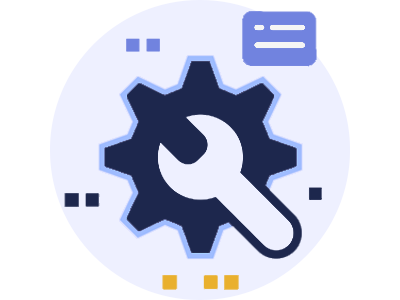

18. Integration with Other Business Tools
A CRM can often integrate with other key business tools, such as accounting software, e-commerce platforms, and social media. This integration streamlines operations by connecting different aspects of your business, reducing the need for manual data entry and creating a more cohesive workflow.
19. Customer Journey Mapping
By tracking every customer interaction, a CRM enables you to visualize the entire customer journey. Understanding this journey helps you identify touchpoints where you can improve the customer experience, which in turn can lead to higher satisfaction and retention rates.
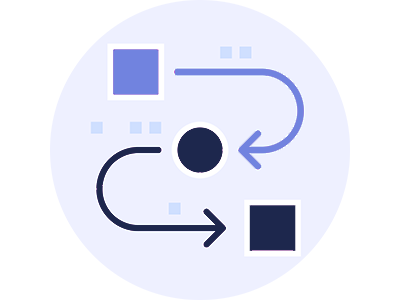
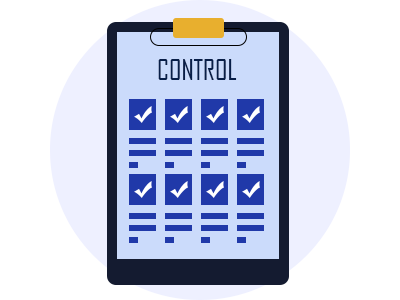
20. Improved Inventory Management
Some CRM systems offer inventory management features or integrate with inventory software. This helps you keep track of stock levels, monitor product demand, and ensure that you have the right products available for your customers when needed.
These reasons further illustrate how a CRM can improve business processes, support long-term growth, enhance customer satisfaction, and streamline operations across various business areas.
Read more on Mehde’s Blog

MEHDE MOHAMAD
Full-stack Web Developer, Online Marketing specialist, copywriter and trainer

